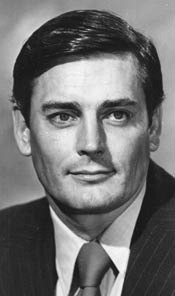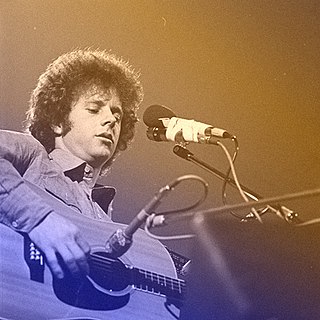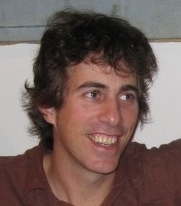A Quote by John P. Kotter
The dry academic tomes I wrote very early in my career were earnest reflections of the research I conducted, the analysis I applied and the conclusions I drew. And they had few readers, mostly other academics. I learned along the way and started including more and more stories in my work.
Related Quotes
When I applied to Stanford, I applied for graduate work in the PhD program, not to the creative writing program, mostly because though I had some vague ambition of becoming a writer and I was trying to write poems and essays and stories, I didn't feel like I was far enough along to submit work to some place and have it judged.
My interests were more extracurricular, more external, and more social than they were academic. My birthday is also in December, so I was one of the older kids. That meant I learned social leadership early on. I was always just much better in a team and work environment than I was in a classroom environment.
After we had conducted thousands of experiments on a certain project without solving the problem, one of my associates, after we had conducted the crowning experiment and it had proved a failure, expressed discouragement and disgust over our having failed to find out anything. I cheerily assured him that we had learned something. For we had learned for a certainty that the thing couldnt be done that way, and that we would have to try some other way.
It's different now but I enjoy it more than I did then. I think I appreciate it more now and I love playing acoustically. This is the way I started. Herb and I met each other forty years ago when we were both eighteen years old, playing bluegrass, and that's what drew me into music, and I enjoyed every particular part of my career. But now I enjoy it because it's the twilight of my career, where I can play what I want and I can play when I want and where I want. And that's the greatest part it all. So it's sort of a right that I've earned. I can record records the way I want to.
I used to be really cute. I could send you earlier photos where I'm stunning. But I've gained about twenty pounds over the past two years, and the more weight I've put on, the more success I've had. If you drew a diagram of weight gain and me getting more work, a mathematician would draw some conclusions from that.
I never really set out to research any of these stories. I try to lead an interesting life though. I guess the closest I came to research was when I applied to work at the state mental institution in Austin, TX. I wanted to work the night shift like Ken Kesey did when he wrote One Flew Over the Cuckoo's Nest. I thought that might inspire me to write a book that great.
Many faculty retreated into academic specializations and an arcane language that made them irrelevant to the task of defending the university as a public good, except for in some cases a very small audience. This has become more and more clear in the last few years as academics have become so insular, often unwilling or unable to defend the university as a public good, in spite of the widespread attacks on academic freedom, the role of the university as a democratic public sphere, and the increasing reduction of knowledge to a saleable commodity, and students to customers.




































